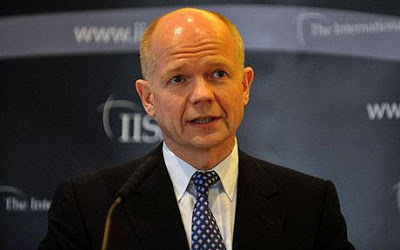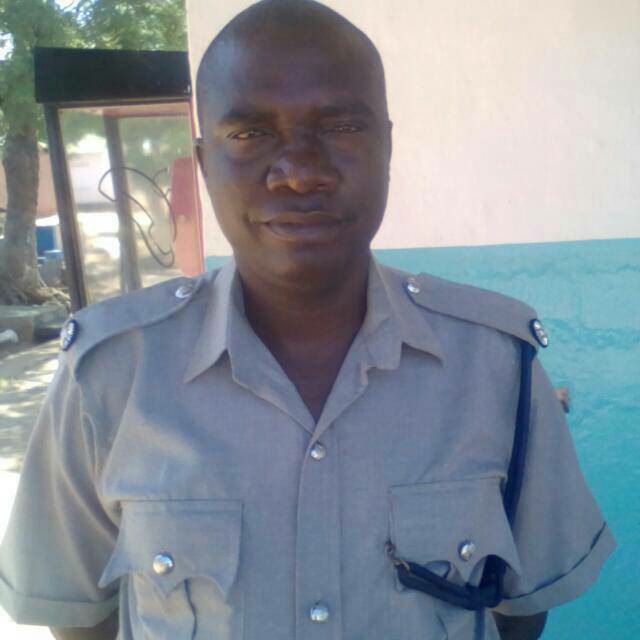It is just a matter of time before the United Nations turns on the sanction button against the current government led by Mrs.Joyce Banda.
This is mainly following Malawi Government’s failure to uphold Human Rights and other laws of natural justice as enshrined in the UN’s Convention on Human Rights.
Section 19 of the Convention asserts that “everyone has the right to freedom of opinion and expression; this right includes freedom to hold opinions without interference”.
About the media, the Convention adds: everyone has the right “to seek, receive and impart information and ideas through any media and regardless of frontiers”.
In 2011, the UN Human Rights Committee adopted what is known as the General Comment No 34, which constitutes an authoritative interpretation of the freedoms of opinion and expression guaranteed by Article 19 of the International Covenant on Civil and Political Rights.
The General Comment strengthens the protection of international law on freedom of expression and provides authoritative guidance to state actors, including the Courts of Law in its member states of which Malawi is inclusive.
According to Article 19, a well-known international organisation which is committed to defend the right to freedom of expression and fights against repression of the media, both the UN Convention and its subsequent General Comment define freedom of opinion and freedom of expression as indispensable conditions for the full development of a person.
The organisation adds that freedom of opinion and expression are essential for any democratic society considering that such rights “constitute the foundation stone for every free and democratic society.
“The two freedoms are closely related, with freedom of expression providing the vehicle for the exchange and development of opinions” outlines Article 19.
As such, one can question whether Malawi is a democratic state or an authoritarian one which demands people to tow to the opinion of the government.
The current government in Malawi has been criticised by various organisations such as Council of NGOs in Malawi for flouting various sections of the Republic Constitution.
According to Article 19, “freedom of expression is a necessary condition for the realisation of the principles of transparency and accountability that are, in turn, essential for the promotion and protection of human rights”.
Malawi is also likely to face the wrath of its donors, particularly the United Kingdom which has not hidden its commitment to promoting freedom of expression within its borders and countries it supports, such as Malawi.
“Democratic governments must protect the freedom of the internet – even when it provokes crises like the recent anti-Islamic video”, the UK’s Foreign Secretary, William Hague spoke at a global conference early this month.
He argued that suppression of online media is undemocratic and uncalled for. “If we go down that path [of restraining or censoring the internet], we begin to erode the hard-won rights of freedom of expression”, stressed the Foreign Minister.
In countries where democracy is embraced, a free, uncensored and unhindered press or other media is considered as essential to ensure freedom of opinion and expression and the enjoyment of other Covenant rights.
Ironically, the Malawi Constitution, particularly Section 35 and 36, vehemently affirm that “every person shall have the right to freedom of expression” and that “the press shall have the right to report and publish freely, within Malawi and abroad, and to be accorded the fullest possible facilities for access to public information”.
However, the Malawi government today descended on the Media fraternity based on what the Malawi Chapter of the Media Institute of Southern Africa (MISA) has called “outmoded pieces of legislation enacted during the colonial era to suppress dissent and promote colonial superiority”.
Through its machinery, the Government of Joyce Banda sent two heavy armoured Land Cruisers to net Justice Mponda who has so far been charged for publishing false information and insulting the president.
So far, MISA has issued a strong-worded press statement calling for the immediate release of Mponda. The statement revealed that MISA “is shocked and deeply saddened with the detention of…Mponda [on the basis of laws which are] archaic and retrogressive for our country”.
According to Misa, “archaic laws have no role to play in a democracy”. The charter has far called upon government to desist from dragging the country to the colonial era by implementing such laws.
“We are also shocked and disturbed with the conduct of the police who have transferred Mponda 340 kilometers away from Blantyre to Lilongwe”, reads the statement.
“This is torture and a clear demonstration by the law enforcers that they are not through with investigations and taking deliberate steps to subject Mponda to mental and physical torture”, it added.
“Government has all the resources at its disposal and clearly capable of keeping Mponda in Blantyre. Subjecting Mponda to mental and physical torture is unconstitutional and should not be condoned in our day and age”, concluded MISA while demanding the release of Mponda on bail within 48 hours.
In a turn of events, the Attorney General and Minister of Justice, Ralph Kasambara, is reported to have conceded that charges placed against Mponda are used to suppress Government critics.
“We all know how these twin offences [sedition or inciting public action against the president] are used by the…administration to harass opposition and civic society leaders; and no such case has been prosecuted to its logical conclusion”, Kasambara said earlier this year.




